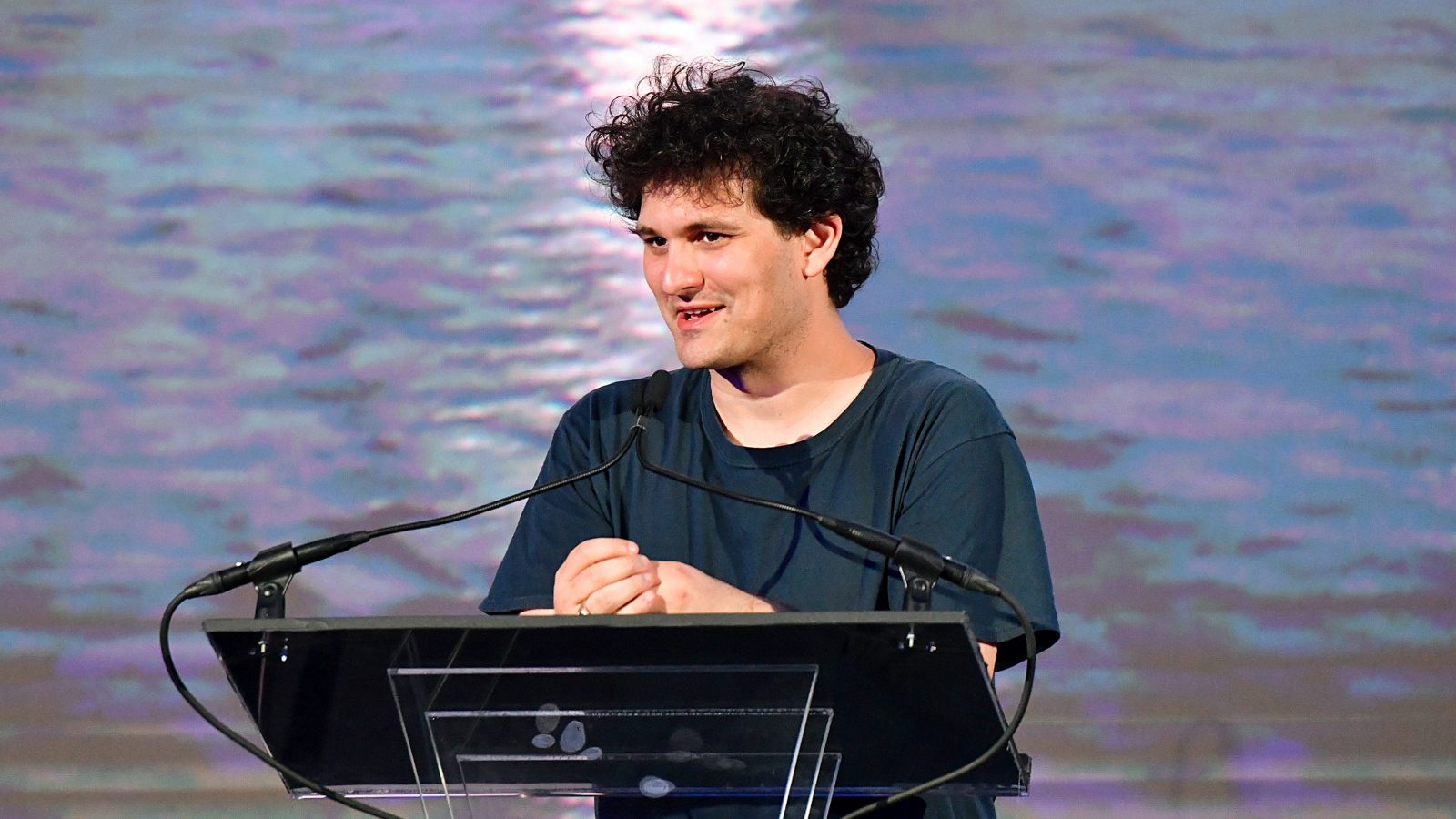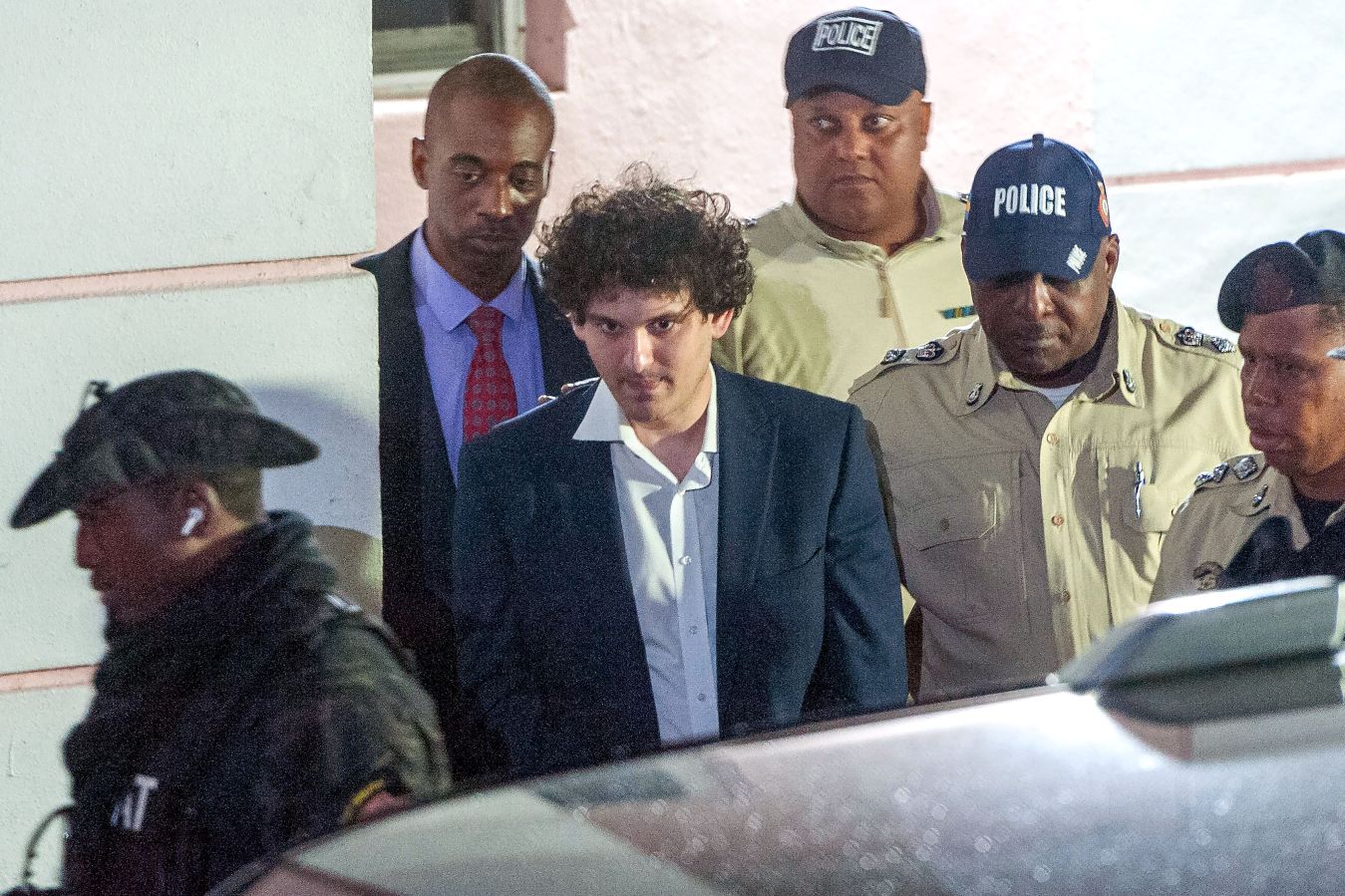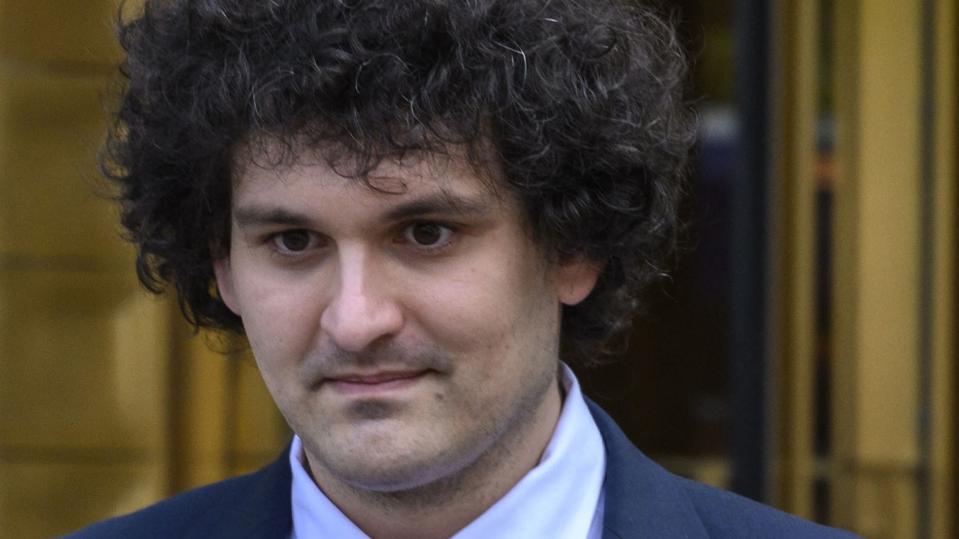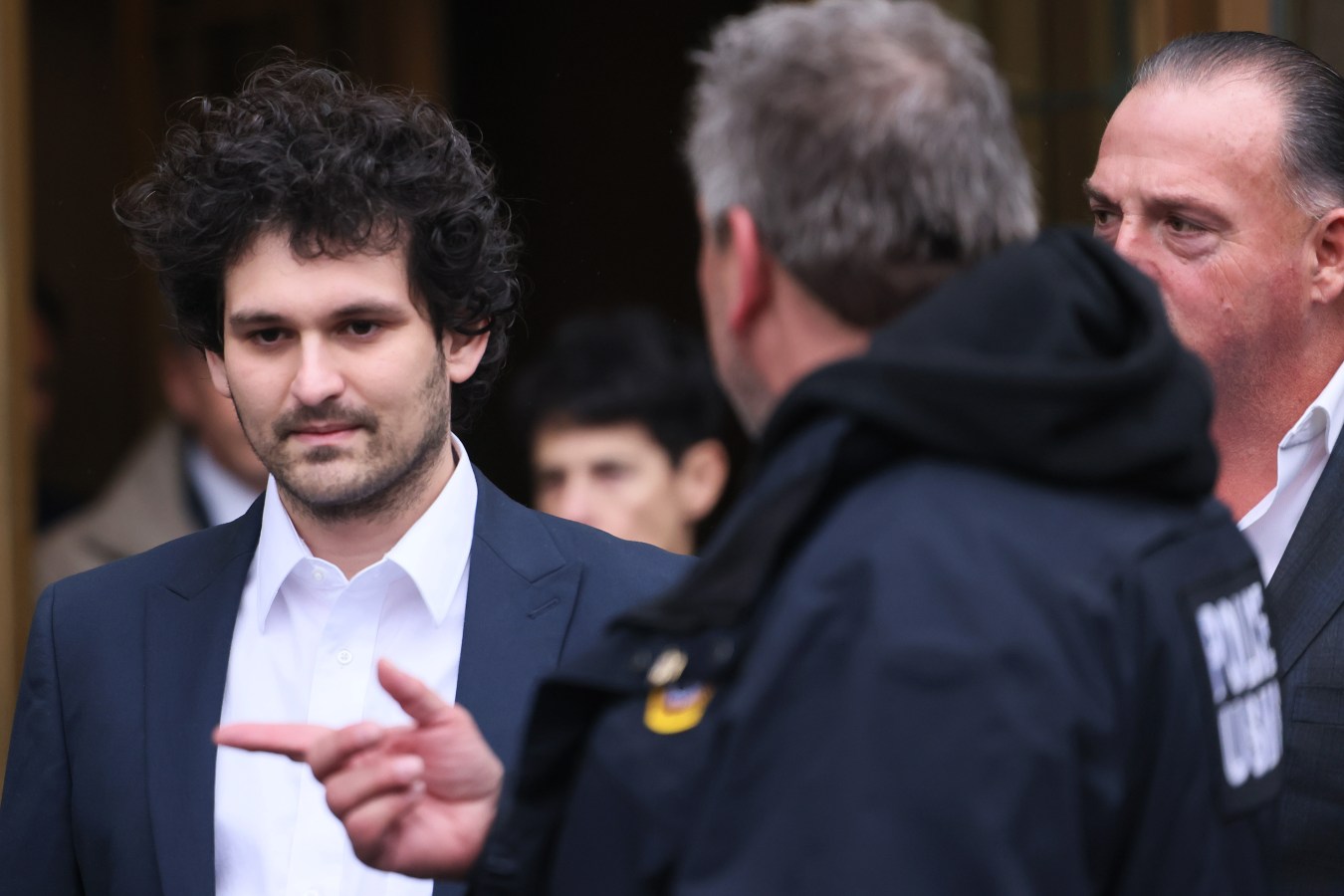Bankman-Fried, the founder of cryptocurrency exchange FTX, will stand trial in what prosecutors are calling one of the biggest fraud trials in US history.
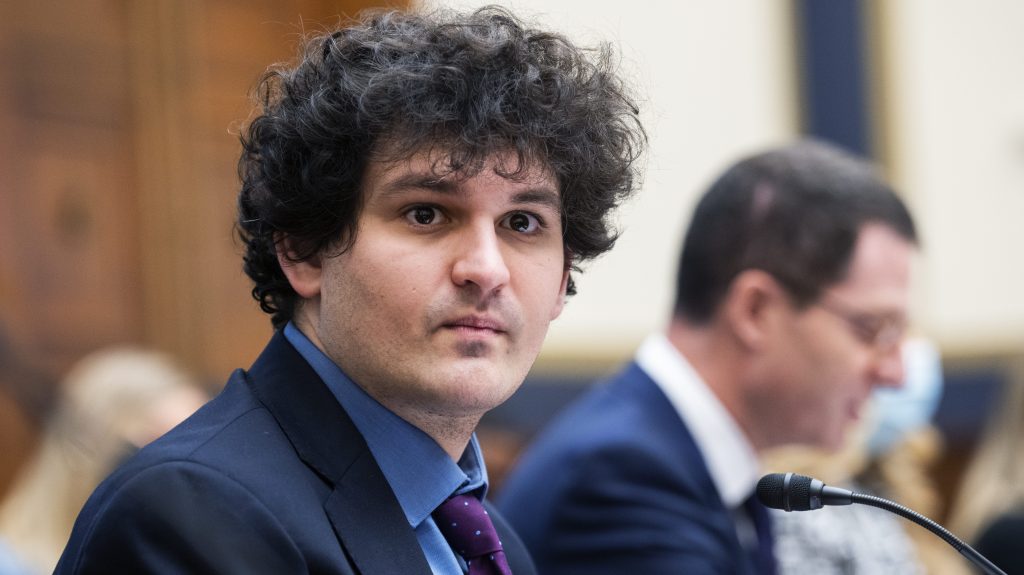
Who is Sam Bankman-Fried?
Bankman-Fried, 31, is the son of two Stanford law professors. He studied physics at MIT and traded ETFs, before launching crypto hedge fund, Alameda Research, in 2017, and cryptocurrency exchange company FTX in 2019.
By 2021, Bahamas-based FTX was the world’s third-largest cryptocurrency exchange, valued at US$32 billion. Bankman-Fried’s own net worth reached US$26 billion, making him the 60th richest person in the world.
The collapse FTX and Alameda Research
In November 2022, an article appeared on the CoinDesk publication, stating that Alameda Research held a significant amount of FTX’s exchange token, FTT. As a result, FTX investor Binance, announced it would sell its FTT, sending token prices crashing – which in turn triggered a bank-run from FTX, causing the platform to freeze withdrawals.
Days later, Bankman-Fried resigned and FTX filed for bankruptcy, saying the company had US$8 billion worth of liabilities it could not pay to as many as 1 million creditors.
Bankman-Fried is indicted
Following the collapse of FTX and Alameda Research, the US government announced a seven-count indictment against Bankman-Fried, alleging he defrauded customers and investors of FTX and violated political campaign finance laws.
The US Attorney for the Southern District of New York, Damian Williams, said it was one of the “biggest frauds in financial history”. Bankman-Fried was arrested in The Bahamas in December 2022, and went on to face a court hearing, but was later released on a US$250 million bond (the largest bond in history), as he awaited trial.
He pleaded not guilty to all charges and has repeatedly argued that the collapse of his companies was due to mistakes, rather than illegal conduct.
Related
The Bankman-Fried trial: What’s he facing?
As it stands, Bankman-Fried is facing seven counts of wire fraud, securities fraud and money laundering or conspiracy to commit these crimes.
The prosecutors are alleging Bankman-Fried stole billions from FTX’s customers for his own personal use – including to prop up his other company, Alameda Research, and to pay for US$100 million in political donations. There were an additional five charges brought against Bankman-Fried after his extradition from the Bahamas, but prosecutors have now opted to pursue these in a separate trial, slated to begin in March 2024.
The judge presiding over the case, Judge Kaplan, has said this: “The issues in this case are pretty straightforward: Was there fraud or wasn’t there”.
Prosecutors plan to call at least three of Bankman-Fried’s co-conspirators to testify, as well as former employees and customers of FTX. Caroline Ellison, the CEO of Alameda Research and the ex-girlfriend of Bankman-Fried, is also expected to testify.
If found guilty, Judge Kaplan said Bankman-Fried faces “a very long sentence”, with some reports touting it could be up to 100 years.
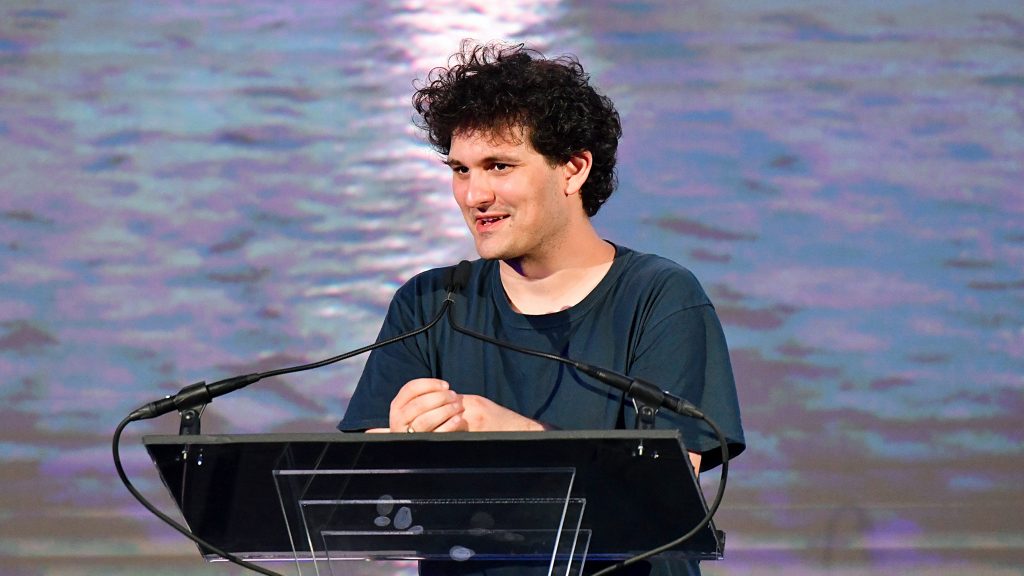
What’s Bankman-Fried’s defence?
Bankman-Fried is relying on the defence that the collapse of his companies was due to mistakes, rather than illegal conduct. His lawyers are reportedly planning to invoke an “advice of counsel” defence – that their client relied on the advice of FTX’s lawyers, which resulted in the demise of the company.
Bankman-Fried himself as repeatedly admitted he made a mistake via X, formerly Twitter, in recorded interviews and even in personal essays for the New York Times. He’s also blamed Alamda’s losses on Ellison, who has pleaded guilty, along with three other high-level executives, and is cooperating with prosecutors.
The trial begins on the 3rd of October, and is expected to last up to six weeks. Bankman-Fried was denied release for the duration of the trial, and will instead stay at the Metropolitan Detention Centre in Brooklyn.
Look back on the week that was with hand-picked articles from Australia and around the world. Sign up to the Forbes Australia newsletter here or become a member here.
